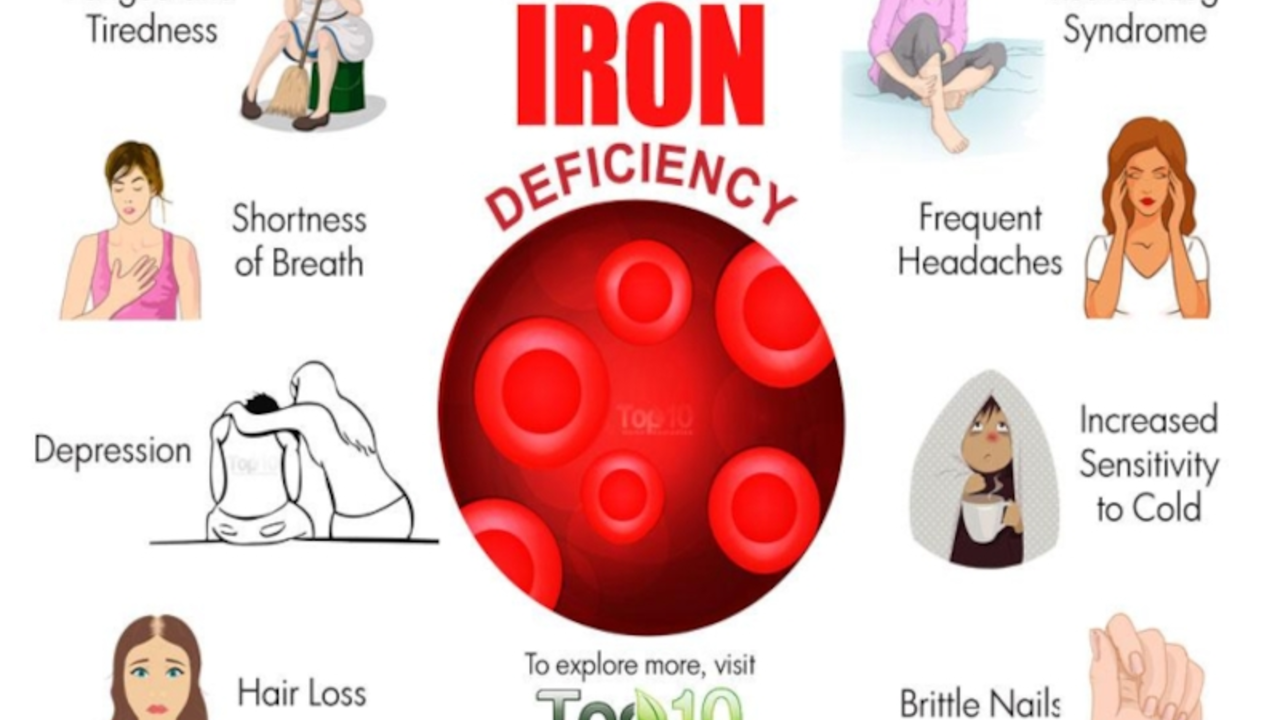Anemia Complications: What Can Go Wrong and How to Prevent It
Even mild anemia can make your heart work harder and raise the chance of real problems if you ignore it. Anemia means your blood carries less oxygen. That sounds small, but organs need oxygen to work. Over time low oxygen can stress the heart, weaken the immune system, slow recovery from illness, and in severe cases cause organ damage.
Not every type of anemia causes the same complications. Iron-deficiency anemia often comes from blood loss or poor diet and is reversible. Anemia from chronic disease (like kidney disease or inflammatory conditions) hints that an underlying illness needs attention. B12 or folate deficiency can lead to nerve damage and cognitive issues if not fixed.
Recognize the red flags
Watch for these signs — they tell you to act now: fast heartbeat, chest pain, fainting, severe shortness of breath, sudden weakness, or confusion. Those are emergency signals. Less dramatic but still important symptoms are constant fatigue, pale skin, cold hands and feet, brittle nails, restless legs, or worsened exercise tolerance. If you notice any of these, get checked.
Some clues point to the cause: heavy menstrual bleeding or black stools suggest blood loss. Tingling or balance problems suggest B12 deficiency. Weight loss, night sweats, or persistent pain could mean an underlying disease that’s causing anemia.
Treatments and everyday steps
First step: simple tests. A CBC (complete blood count) shows how low your hemoglobin is. Ferritin checks iron stores. B12 and folate tests look for nutritional causes. Your doctor may order stool tests or imaging if they suspect internal bleeding.
Treatment depends on the cause. For iron-deficiency anemia, oral iron pills usually work. Take iron with vitamin C or orange juice to help absorption, and avoid tea or coffee within an hour of the pill. If oral iron causes nausea, ask about lower doses, different iron types, or IV iron. B12 deficiency gets B12 shots or high-dose oral B12. Anemia from chronic kidney disease might need medications that boost red blood cell production or occasional transfusions.
Prevention is practical: eat iron-rich foods (red meat, beans, spinach), get routine screening if you’re pregnant, have heavy periods, or a chronic illness, and treat sources of blood loss like ulcers or hemorrhoids. If you take medications that affect blood counts, ask your doctor about monitoring.
Follow-up matters. Repeat labs after a few weeks on treatment to be sure levels are improving. If they’re not, push for further tests — hidden bleeding, absorption problems, or bone marrow issues sometimes need deeper investigation.
Quick checklist you can use now: 1) Notice symptoms, 2) Get a CBC and ferritin, 3) Start targeted treatment, 4) Fix the source (diet, bleed, disease), 5) Recheck labs. Do these and you’ll cut the risk of serious anemia complications and feel better faster.



